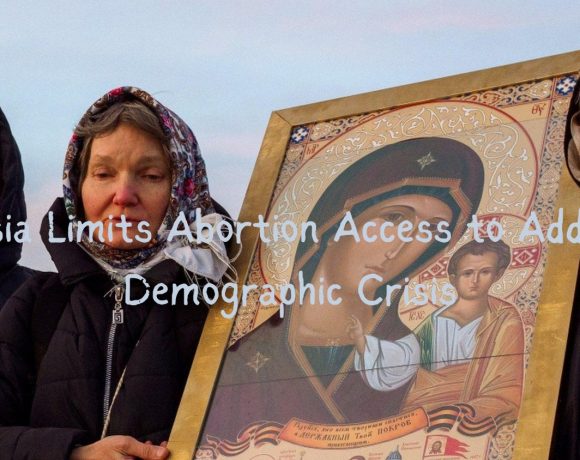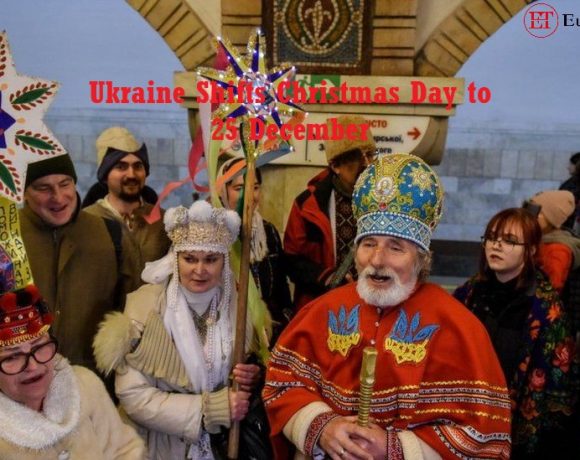
Russian authorities are implementing measures to restrict access to abortions in an effort to address the country’s demographic crisis. These measures include criminalizing attempts to persuade women to have abortions and pressuring private clinics to cease performing the procedure. The anti-abortion campaign, supported by the Russian Orthodox Church, has been criticized by feminist groups who argue that it endangers women’s lives.
Russia’s population has remained stagnant for over 20 years, with concerns about the impact on military recruitment and the economy. The high number of abortions, with almost a third of Russian women reporting having had one, is identified as a key factor contributing to the demographic crisis. The government, backed by the church, aims to discourage abortions through informal means, including guidelines for healthcare professionals to dissuade women and restrictions on the sale of abortion-inducing medication.
Financial incentives are being offered to pregnant women and those who give birth, and private clinics are facing pressure to stop offering abortion services. Some regions have implemented fines for attempting to persuade a pregnant woman to have an abortion, and there are fears that the anti-abortion campaign may lead to an increase in unsafe, illegal procedures, as well as negatively impacting women’s health by discouraging safer medical abortions.
Picture Courtesy: Google/images are subject to copyright

